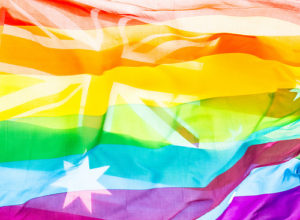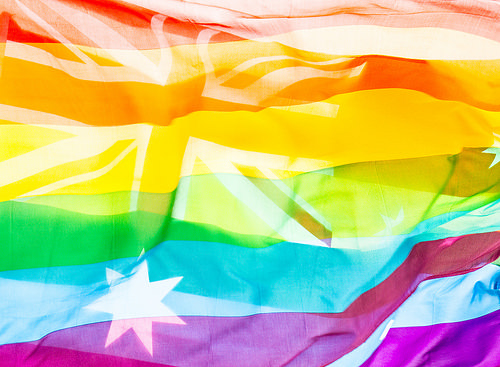By Darryl
Few, if any words, are used so repetitively and effectively to silence free speech. We should not have this debate because it is “divisive”? What a ridiculous statement! To merely have a debate involves arguing two or more sides! Our society is based on opposed points of view. Our Parliament has two chambers. In each of them we have a Government and an Opposition with their own usually opposed agendas, further complicated by agendas of minor parties and independents. Our judicial system is adversarial. Our society is riven with division and dissent. It thrives on it.
Those who seek to stifle debate use the word “divisive” as if that is the end of the argument. If something is divisive, then is it so evil that we must not even discuss it?
So, what is the meaning of divisive? The Oxford Dictionary defines it as:
Tending to cause disagreement or hostility between people: “the highly divisive issue of abortion”
The reality is that human nature is such that we disagree with each other. Often and loudly. Sometimes with hostility. Regrettably, sometimes even violently. Some people and groups do tend to be hostile to those who disagree with them. Some manage to keep their disagreements civil. Some even manage to respect their opponents and their points of view even though they disagree. If all debate is to be stifled because it might cause disagreement or even hostility, little would ever change. The civil rights movement in the US was highly divisive. So was the fight for gay and lesbian rights. Sydney’s Gay and Lesbian Mardi Gras certainly caused its share of disagreement and hostility in its early days.
 The issue of same-sex marriage right now is very divisive. But not because of a plebiscite. The status quo has long been established. The problems that same-sex partners used to experience have largely disappeared as laws throughout Australia have been amended to include them. This was mostly low key, and achieved without a public debate or substantial publicity.
The issue of same-sex marriage right now is very divisive. But not because of a plebiscite. The status quo has long been established. The problems that same-sex partners used to experience have largely disappeared as laws throughout Australia have been amended to include them. This was mostly low key, and achieved without a public debate or substantial publicity.
But what is divisive is not the plebiscite, but the campaign to change the definition of marriage itself. If those seeking to stifle the debate were truly concerned about division, then they could eliminate such concerns by abandoning their campaign. Of course, I don’t expect them to do so, nor do I want them to. Free speech and free debate are good. Divisiveness is good. But hypocrisy is not. And the hypocrisy in this instance is breathtaking.
A very divisive campaign likely to offend and generate substantial hostility is commenced. But a plebiscite to test the effectiveness of that campaign on public opinion must be stopped because it is divisive? And now the Leader of the Opposition goes even further, saying we must not have a plebiscite because the debate around it or perhaps the result may lead to a gay child committing suicide. If this was to happen it would indeed be tragic. But we cannot stifle debate on important issues because some in our society are emotionally unstable. It is ridiculous to argue that we should make a major change to our society, with potentially far-reaching effects, without a proper public debate.
If we can’t have a debate and a plebiscite, then clearly the status quo should remain until we can.
I would suggest that when you hear the term “divisive” used, the appropriate action, perhaps with very rare exceptions, is to say, “Good.” Our democracy is healthy and working.
Photo by pumpkinmook 










